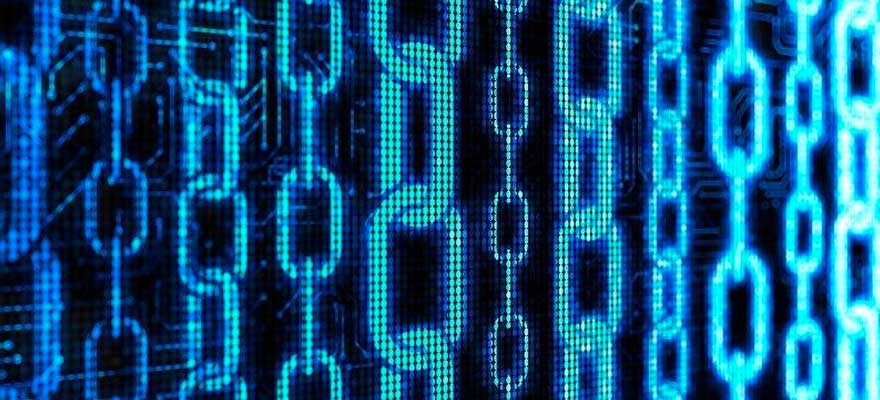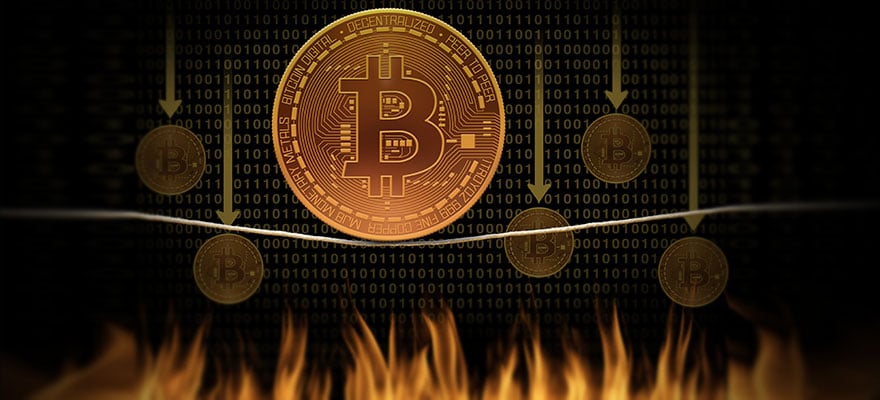The Role of PAMM, MAM & Copy Trading in Business Growth Strategies | Webinar
The Role of PAMM, MAM & Copy Trading in Business Growth Strategies | Webinar
The Role of PAMM, MAM & Copy Trading in Business Growth Strategies | Webinar
The Role of PAMM, MAM & Copy Trading in Business Growth Strategies | Webinar
The Role of PAMM, MAM & Copy Trading in Business Growth Strategies | Webinar
The Role of PAMM, MAM & Copy Trading in Business Growth Strategies | Webinar
The copy trading market is projected to double in size, growing from $2.2 billion to $4 billion by the end of this decade. In light of this, brokers and financial institutions are increasingly adopting PAMM, MAM, and Copy Trading solutions to scale operations and drive profitability. In this insightful webinar, Sergey Ryzhavin, Product Owner at B2COPY, outlines the advanced features of the B2COPY platform, showcasing how it enhances Copy Trading, PAMM, and MAM performance. Sergey also explores strategies for using these tools to attract new clients, improve customer engagement, and create additional revenue streams.
📣 Stay updated with the latest in finance and trading!
Follow Finance Magnates for news, insights, and event updates across our social media platforms. Connect with us today:
🔗 LinkedIn: https://www.linkedin.com/company/financemagnates/
👍 Facebook: https://www.facebook.com/financemagnates/
📸 Instagram: https://www.instagram.com/financemagnates_official
🐦 X (Twitter): https://twitter.com/financemagnates/
📡 RSS Feed: https://www.financemagnates.com/feed/
▶️ Telegram: https://t.me/financemagnatesnews
Don't miss out on our latest videos, interviews, and event coverage.
🔔 Subscribe to our YouTube channel for more!🔔
The copy trading market is projected to double in size, growing from $2.2 billion to $4 billion by the end of this decade. In light of this, brokers and financial institutions are increasingly adopting PAMM, MAM, and Copy Trading solutions to scale operations and drive profitability. In this insightful webinar, Sergey Ryzhavin, Product Owner at B2COPY, outlines the advanced features of the B2COPY platform, showcasing how it enhances Copy Trading, PAMM, and MAM performance. Sergey also explores strategies for using these tools to attract new clients, improve customer engagement, and create additional revenue streams.
📣 Stay updated with the latest in finance and trading!
Follow Finance Magnates for news, insights, and event updates across our social media platforms. Connect with us today:
🔗 LinkedIn: https://www.linkedin.com/company/financemagnates/
👍 Facebook: https://www.facebook.com/financemagnates/
📸 Instagram: https://www.instagram.com/financemagnates_official
🐦 X (Twitter): https://twitter.com/financemagnates/
📡 RSS Feed: https://www.financemagnates.com/feed/
▶️ Telegram: https://t.me/financemagnatesnews
Don't miss out on our latest videos, interviews, and event coverage.
🔔 Subscribe to our YouTube channel for more!🔔
The copy trading market is projected to double in size, growing from $2.2 billion to $4 billion by the end of this decade. In light of this, brokers and financial institutions are increasingly adopting PAMM, MAM, and Copy Trading solutions to scale operations and drive profitability. In this insightful webinar, Sergey Ryzhavin, Product Owner at B2COPY, outlines the advanced features of the B2COPY platform, showcasing how it enhances Copy Trading, PAMM, and MAM performance. Sergey also explores strategies for using these tools to attract new clients, improve customer engagement, and create additional revenue streams.
📣 Stay updated with the latest in finance and trading!
Follow Finance Magnates for news, insights, and event updates across our social media platforms. Connect with us today:
🔗 LinkedIn: https://www.linkedin.com/company/financemagnates/
👍 Facebook: https://www.facebook.com/financemagnates/
📸 Instagram: https://www.instagram.com/financemagnates_official
🐦 X (Twitter): https://twitter.com/financemagnates/
📡 RSS Feed: https://www.financemagnates.com/feed/
▶️ Telegram: https://t.me/financemagnatesnews
Don't miss out on our latest videos, interviews, and event coverage.
🔔 Subscribe to our YouTube channel for more!🔔
The copy trading market is projected to double in size, growing from $2.2 billion to $4 billion by the end of this decade. In light of this, brokers and financial institutions are increasingly adopting PAMM, MAM, and Copy Trading solutions to scale operations and drive profitability. In this insightful webinar, Sergey Ryzhavin, Product Owner at B2COPY, outlines the advanced features of the B2COPY platform, showcasing how it enhances Copy Trading, PAMM, and MAM performance. Sergey also explores strategies for using these tools to attract new clients, improve customer engagement, and create additional revenue streams.
📣 Stay updated with the latest in finance and trading!
Follow Finance Magnates for news, insights, and event updates across our social media platforms. Connect with us today:
🔗 LinkedIn: https://www.linkedin.com/company/financemagnates/
👍 Facebook: https://www.facebook.com/financemagnates/
📸 Instagram: https://www.instagram.com/financemagnates_official
🐦 X (Twitter): https://twitter.com/financemagnates/
📡 RSS Feed: https://www.financemagnates.com/feed/
▶️ Telegram: https://t.me/financemagnatesnews
Don't miss out on our latest videos, interviews, and event coverage.
🔔 Subscribe to our YouTube channel for more!🔔
The copy trading market is projected to double in size, growing from $2.2 billion to $4 billion by the end of this decade. In light of this, brokers and financial institutions are increasingly adopting PAMM, MAM, and Copy Trading solutions to scale operations and drive profitability. In this insightful webinar, Sergey Ryzhavin, Product Owner at B2COPY, outlines the advanced features of the B2COPY platform, showcasing how it enhances Copy Trading, PAMM, and MAM performance. Sergey also explores strategies for using these tools to attract new clients, improve customer engagement, and create additional revenue streams.
📣 Stay updated with the latest in finance and trading!
Follow Finance Magnates for news, insights, and event updates across our social media platforms. Connect with us today:
🔗 LinkedIn: https://www.linkedin.com/company/financemagnates/
👍 Facebook: https://www.facebook.com/financemagnates/
📸 Instagram: https://www.instagram.com/financemagnates_official
🐦 X (Twitter): https://twitter.com/financemagnates/
📡 RSS Feed: https://www.financemagnates.com/feed/
▶️ Telegram: https://t.me/financemagnatesnews
Don't miss out on our latest videos, interviews, and event coverage.
🔔 Subscribe to our YouTube channel for more!🔔
The copy trading market is projected to double in size, growing from $2.2 billion to $4 billion by the end of this decade. In light of this, brokers and financial institutions are increasingly adopting PAMM, MAM, and Copy Trading solutions to scale operations and drive profitability. In this insightful webinar, Sergey Ryzhavin, Product Owner at B2COPY, outlines the advanced features of the B2COPY platform, showcasing how it enhances Copy Trading, PAMM, and MAM performance. Sergey also explores strategies for using these tools to attract new clients, improve customer engagement, and create additional revenue streams.
📣 Stay updated with the latest in finance and trading!
Follow Finance Magnates for news, insights, and event updates across our social media platforms. Connect with us today:
🔗 LinkedIn: https://www.linkedin.com/company/financemagnates/
👍 Facebook: https://www.facebook.com/financemagnates/
📸 Instagram: https://www.instagram.com/financemagnates_official
🐦 X (Twitter): https://twitter.com/financemagnates/
📡 RSS Feed: https://www.financemagnates.com/feed/
▶️ Telegram: https://t.me/financemagnatesnews
Don't miss out on our latest videos, interviews, and event coverage.
🔔 Subscribe to our YouTube channel for more!🔔


















